Identity theft was once mostly fodder for Hollywood thrillers, but the rapid rise in digital connectivity has turned it into one of the most common crimes in the country. In 2020, people filed more reports about Identity Theft (29.4% of all reports), in all its various forms, than any other type of complaint, according to a report from the Federal Trade Commission (FTC).
7 Most Common Forms Of Identity Theft*
1. Government Documents or Benefits Fraud
Reports: 406,375
2. Credit Card Fraud
Reports: 393,207
3. Other Identity Theft (including medical services, online shopping or payment account, email or social media, evading the law, insurance fraud, and securities accounts)
Reports: 353,152
4. Loan or Lease Fraud
Reports: 204,967
5. Employment or Tax-Related Fraud
Reports: 113,529
6. Phone or Utilities Fraud
Reports: 99,539
7. Bank Fraud
Reports: 89,476
*Source: FTC
7 Warning Signs Of Identity Theft
Sometimes, there is little consumers can do to prevent their identities from being stolen. But by recognizing the warning signs of identity theft, they can limit the damage, say experts. Here are seven things to look out for, courtesy of Generali Global Assistance and the federal government.
 1. You get an out-of-the-blue call from a debt collection agency.
1. You get an out-of-the-blue call from a debt collection agency.
What it means: If they’re demanding payment for something you didn’t buy, there’s a chance fraudsters have stolen your credit card info and gone on a shopping spree.
How to minimize your risk: Order your credit report once a year and make sure it doesn’t include accounts you haven’t opened.
2. The IRS says it has more than one tax return in your name.
What it means: You may have fallen victim to tax return fraud, an increasingly common scheme that sees scammers file a phony return in your name and pocket the refund.
How to minimize your risk: Guard your Social Security number closely and only give it out when absolutely necessary. Additionally, the earlier you file, the less likely it is that a crook will have already cashed in your refund.
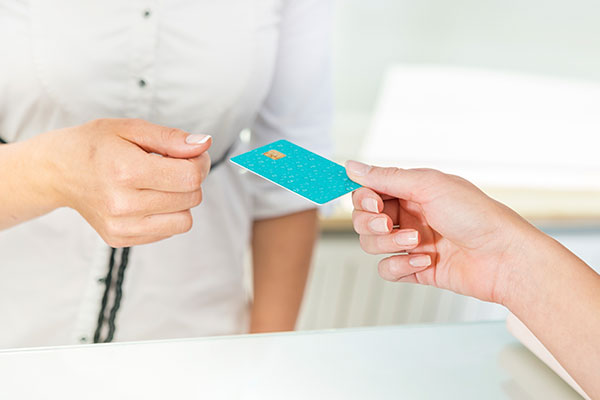 3. You notice strange charges on your credit card statement.
3. You notice strange charges on your credit card statement.
What it means: If the purchases don’t ring a bell, this is another indicator that scammers may have pilfered your credit card info.
How to minimize your risk: Carefully review your statement each month. Don’t respond to unsolicited requests for personal information, like your credit card or social security numbers. Shred old credit card statements and any credit card offers you receive in the mail.
4. On your bank statement, you notice withdrawals that you didn’t make.
What it means: This should set off alarm bells. It could mean that someone has access to your bank account and is draining away your money.
How to minimize your risk: Watch out for “shoulder surfers” at the ATM and shield your PIN and password. Install robust virus protection and anti-phishing software on your computer if you bank online.
5. You are denied a loan after your credit report comes back with unexpected problems.
What it means: Scammers may have stolen your identity and racked up debt by opening new credit cards or damaged your credit score by defaulting on loans.
How to minimize your risk: Review your credit report regularly. If you don’t have identity protection or credit monitoring, you can visit annualcreditreport.com to get a free copy.
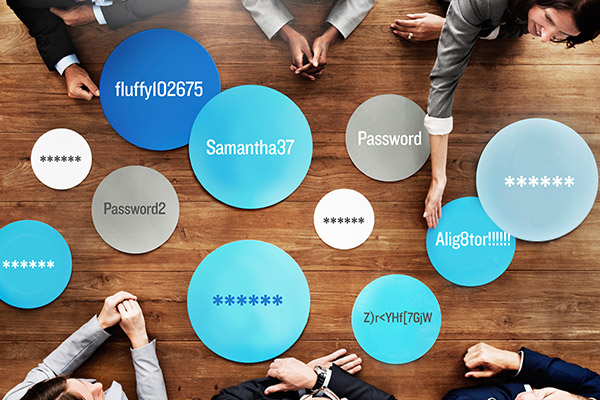 6. The passwords to your favorite social media sites don’t work anymore.
6. The passwords to your favorite social media sites don’t work anymore.
What it means: Fraudsters may have gained access to your accounts, which are goldmines of personal information that can be used to decode passwords and answer security questions.
How to minimize your risk: Create complex passwords that thieves cannot easily guess and closely review the privacy settings on your social media accounts. Make sure passwords are at least eight characters long and have numbers, symbols and both uppercase and lowercase letters. Also, avoid using complete words, especially your name and your company’s name, and don’t use the same password for multiple accounts
7. Your credit card bill stops arriving at your home.
What it means: An identity thief may have stolen your credit card number, gone on a shopping spree and changed your billing address to cover his or her tracks.
How to minimize your risk: Keep close tabs on your billing cycles and if your statement is late, call your credit card company.
What To Do If You Suspect Your Identity Has Been Stolen
If you suspect that someone may have stolen your identity, act fast. If you have Identity Protection through GEICO and Generali Global Assistance, you can call (800) 206-4065, 24 hours a day, seven days a week. A representative will help you get the ball rolling on solving the problem. If you don’t have coverage, visit the federal government’s website for victims of identity theft, which has a step-by-step recovery plan.
GEICO’s Identity Theft Protection plan provided by Generali Global Assistance gives you round-the-clock protection and will be there to help if you’re a victim of identity fraud.




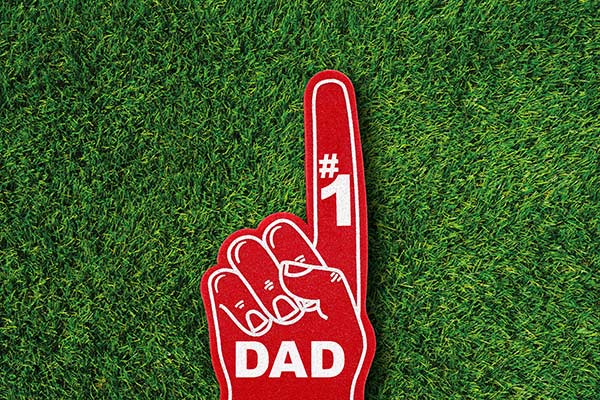
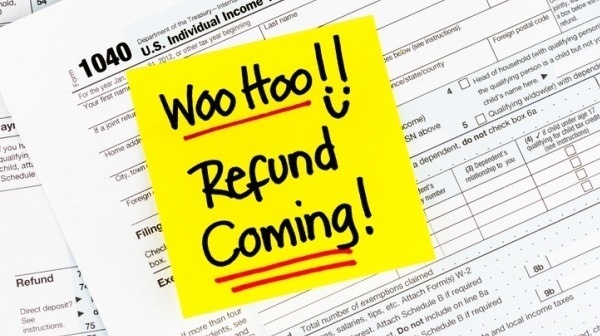

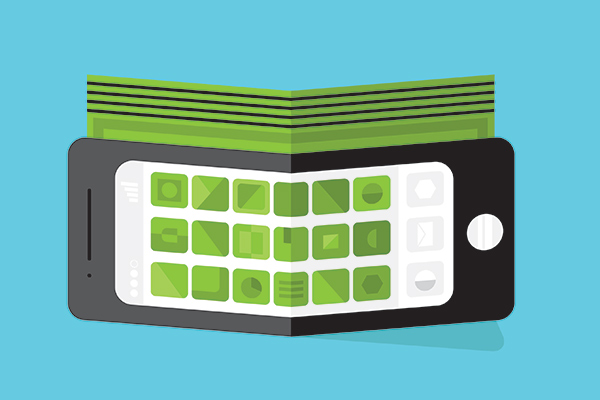
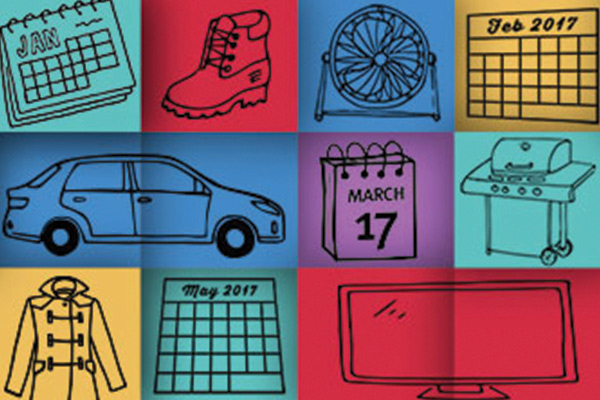
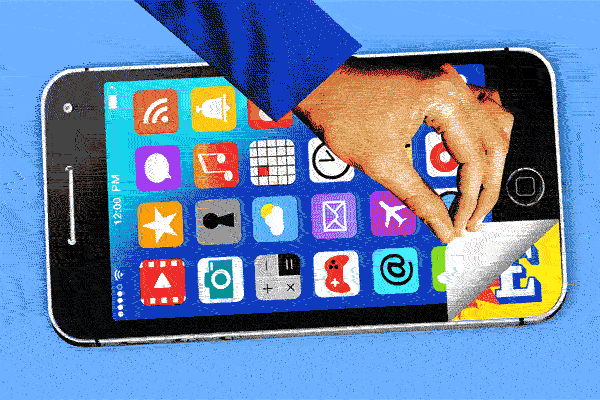
Wyatt says,
Thank you, very useful information
Linda R. Hedden says,
Thanks for the eye opening info! Yes, I will be making some changes!
judith pepe says,
Thank you for your tips. Most appreciated.
Robin J. Clark says,
My Facebook was hacked. This person has sent Facebook messages posing as me and texting family and friend of my friends list stating that I received a Global Grant for $50,000.00 to $150,000.00 and they won’t have to pay it back. How do I report this person/ persons? and can I sue them?
Kevin says,
It would be awesome…. if you could. Sadly, the police don’t have the resources, and the government does very little to take these little crooks out. Coupled by the fact that many operate from foreign countries. If you argue with them enough some will even admit this and they don’t worry because they are untouchable.
Shirley Foote says,
thank you for the great information. May I use it to inform my church of members of i entity theft,
Jeri Eten says,
Thanks for the tips. Keep them coming. Very informative and enjoyed reading them.
Ingrid B says,
Great information, everyone should read and use this information-m Good Job- GEICO
Danny Stefanovic says,
keep up the good work.